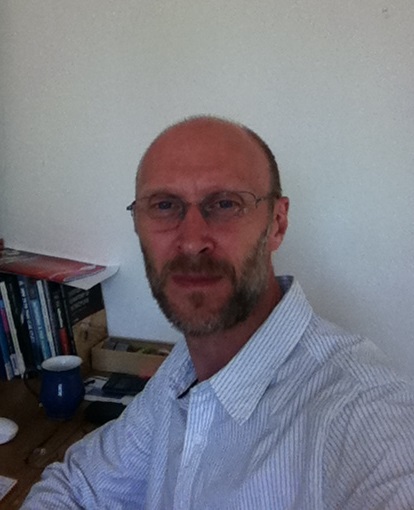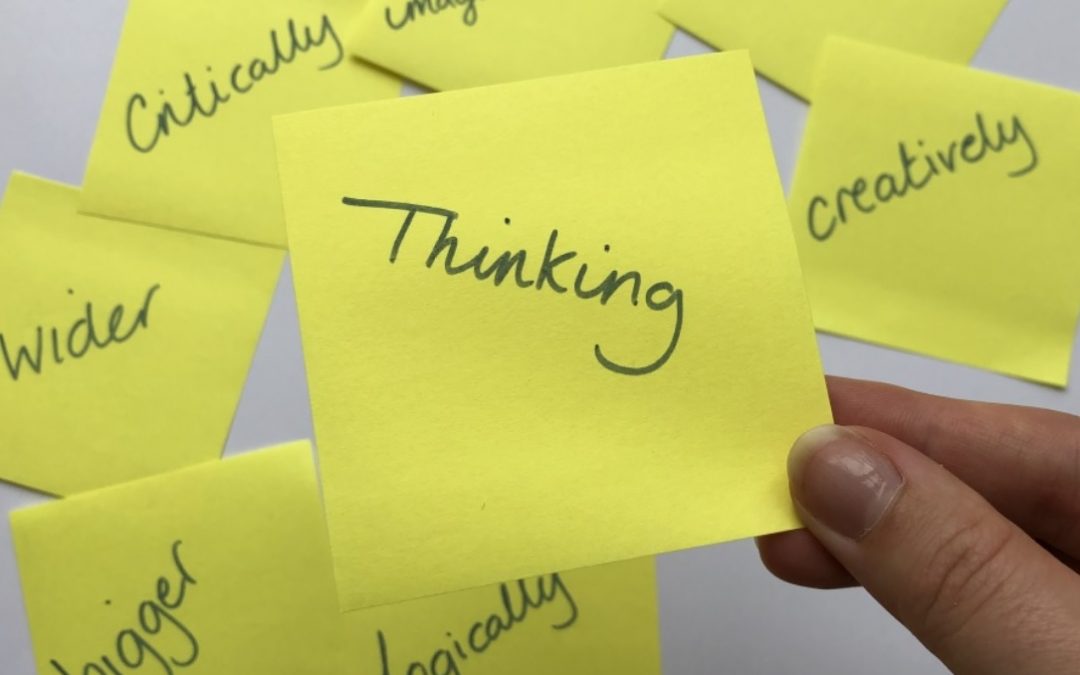Written by Dr Phil Stone
As the coronavirus pandemic brought the world to a sudden halt, I suspect like many other teachers I found myself reflecting on my professional practice in a new online educational landscape. Central to my reflections was the overwhelming sense that I had lost direct control over my students’ learning, particularly with regards to the shaping of their conceptual understandings. In science education, it would be difficult to argue that conceptual change is not a challenging process for both teacher and student. Most scientific concepts are complex, perplexing, and a lot of the time counter-intuitive. Conceptual change, therefore, is fundamental to the teaching and learning of science. However, at a time when my interactions with students were remote and restricted, I found myself questioning, in regards to conceptual change, whether we place too much focus on the teaching process rather than the learning process.
Thomas Kuhn was hugely influential on early ideas about conceptual change locating it predominantly as a cognitive process in which an individual’s existing knowledge is overhauled through a process of conceptual replacement. Thus, new knowledge supersedes and replaces prior knowledge as the learner accepts it as being conceptually dominant. Stemming from Stephen Toulmin’s critique of Kuhn’s ideas, more recent research into conceptual change portrays it as an evolutionary process that is not only cognitive but also contextual and subjective.
From such a perspective, conceptual change becomes a process of small knowledge transformations in which some ideas may become dominant over others but equally may augment or sit alongside previously held conceptions. As opposed to the notion of a broad conceptual ‘replacement’, conceptual change is, therefore, reimagined as a ‘reconfiguration’ of a learner’s knowledge that is fragmented and incorporates a sense of the person.
As a physics teacher facilitating conceptual change for my students is an area of pedagogy that is ever-present. Students often hold naive and incorrect conceptions about scientific phenomena that do not align with the science being taught and require some form of ‘correction’. In attempting to make such corrections, science teachers enter into a highly delicate and complex exchange with students as they try to shift their thinking without introducing further conceptual confusion. During the school closures, when teaching went online, certainly for me, these exchanges became even more delicate and complex. The result was a stark realisation that I and the education system I work in had done little to equip my students with the skills and beliefs to grapple with conceptually challenging material without my intervention. An intervention that is conceivably heavily teacher-orientated and limited to a scientific framework that brackets out students’ conceptual links and reference points. As an example, in attempting to answer the question “what is light?”, physicists have only been able to detail its properties, namely reflection, refraction, dispersion, polarisation, wave-particle duality and the transferal of energy through electromagnetic radiation. As a consequence, I would suggest that the teaching of light becomes limited to these scientific properties without any consideration of a broader, more holistic perspective of what light is and what it means to us as human beings. Arguably, such teaching only serves to make the topic more abstract and less accessible for students – limiting their thinking and potentially creating more conceptual confusion rather than less.
For many years, epistemological beliefs have been widely acknowledged as playing an important role in conceptual change. It is suggested that learners who draw on epistemic beliefs and insight when presented with new information are more capable of employing metacognitive strategies and considering alternative views to make sense of a concept. Furthermore, students demonstrate greater levels of self-efficacy and see scientific knowledge as being fluid and tentative as opposed to fixed and static. By equipping students with epistemic beliefs and insight, I would argue that we can make a shift from being the implementors of conceptual change to the modellers of it. In doing so, perhaps we can reduce some of the barriers in our students’ learning, by making the teaching of science less abstract, not restricting students’ thinking so that they become disinterested in other possibilities, and allowing them to appreciate that knowledge acquisition is complex, dynamic and multifaceted.
As we embark on another academic year, perhaps we need to see conceptual change as being as much about creativity, exploration and imagination as conceptual correctness and the acquisition of knowledge.

Dr Phil Stone has taught Physics for many years and is the Head of Science at a secondary school in Kent. He is also an Associate Research Fellow in Education with Canterbury Christ Church University, and interested in science education and teachers’ professionalism, particularly the role of middle leadership in teachers’ professional development.

